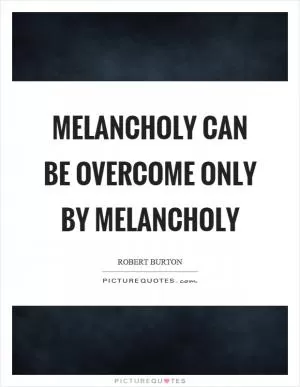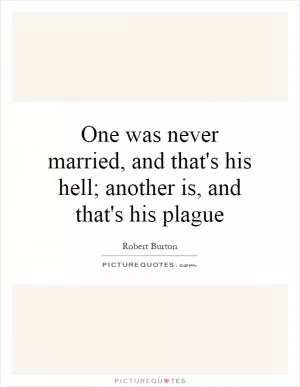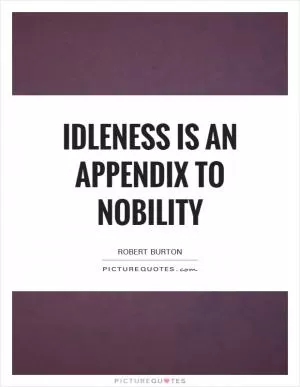Hannibal, as he had mighty virtues, so had he many vices; he had two distinct persons in him

Hannibal, as he had mighty virtues, so had he many vices; he had two distinct persons in him
Robert Burton, a 17th-century English scholar and writer, is best known for his work "The Anatomy of Melancholy," a comprehensive study of the causes, symptoms, and treatments of melancholy. In this work, Burton delves into the complexities of the human mind and soul, exploring the dual nature of man and the conflicting forces that shape his character.One of the most intriguing aspects of human nature that Burton examines is the idea of having "two distinct persons" within oneself. This concept is exemplified in the quote "Hannibal, as he had mighty virtues, so had he many vices; he had two distinct persons in him." Hannibal, the Carthaginian general who famously crossed the Alps with his army to wage war against Rome, is a prime example of a historical figure who embodied this duality.
On one hand, Hannibal was a brilliant military strategist, a fearless leader, and a charismatic figure who inspired loyalty and admiration among his troops. His victories against the Roman army were legendary, and his tactical genius was unmatched. These qualities can be seen as his "mighty virtues," the positive aspects of his character that contributed to his success on the battlefield.
However, Hannibal also had many vices, including a ruthless and brutal nature, a thirst for power and conquest, and a willingness to sacrifice the lives of his soldiers for his own ambitions. His relentless pursuit of victory at any cost led to the deaths of thousands of men and the destruction of entire cities. These darker aspects of his personality can be seen as his "many vices," the negative traits that tarnished his reputation and ultimately led to his downfall.
Burton's observation that Hannibal had "two distinct persons in him" reflects the complexity of human nature and the inherent contradictions that exist within each individual. We all have the capacity for both good and evil, for virtue and vice, and it is the interplay of these opposing forces that shapes our character and defines who we are. By exploring the dual nature of man through the example of Hannibal, Burton invites us to reflect on our own inner conflicts and to strive for a better understanding of ourselves and others.












 Friendship Quotes
Friendship Quotes Love Quotes
Love Quotes Life Quotes
Life Quotes Funny Quotes
Funny Quotes Motivational Quotes
Motivational Quotes Inspirational Quotes
Inspirational Quotes